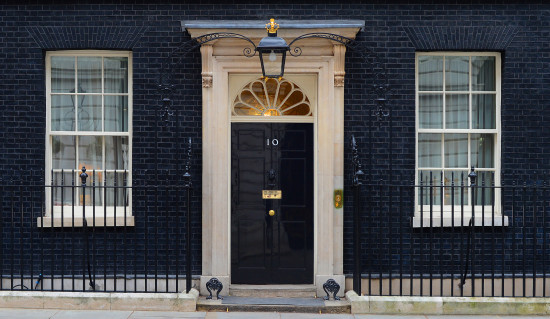
Nominations for the Conservative Party leadership election – and, by extension, the internal election for the next Prime Minister – open today and close on Friday. Conservative MPs will whittle down the contenders to a final two, who will then be voted on by the membership as a whole. The precise timetable after that depends on the number of candidates, but we should know the winner by late August or early September.
As a party member, I will have a vote in the final ballot. I’m not going to say who I’ll be backing until I know who I have to choose between. But these are some of the principles which will guide my choice.
Firstly, it needs to be someone who can unite the party and the country.
That may sound like a meaningless platitude which will be uttered by every candidate. But it isn’t, and it matters. We’ve just had a very bruising referendum contest, and it’s important that the new leader is someone who can work with both sides. Someone who will appoint ministers on the basis of ability, not cronyism and patronage.
David Cameron has won two general elections by appealing to the centre ground of British politics. That, too, is an essential attribute of his successor. We need someone that the floating voter is comfortable floating towards. It isn’t enough to rely on Labour’s shortcomings to win an election. We need to be able to offer a positive choice to the ordinary, non-political voter. More than ever, a post-EU Britain needs a one nation government.
Secondly, we need someone who appreciates and encourages the work of grassroots Conservatives at association and branch level.
The new leader of the Conservative Party won’t just be responsible for the parliamentary party. It needs to be someone who recognises that politics doesn’t just happen in Westminster, but in county halls, town halls and civic centres across the country. Someone who makes it easy for me and my colleagues to be proud of what we stand for.
The timetable for any possible hustings will be short, but I want to see the final two candidates making a strong effort to reach out to ordinary members and telling us directly why we should vote for them. That’s another reason why I’m not backing any specific candidate yet. I want to hear what they actually have to say to us.
Finally, I want someone who I can trust with the things that matter to me.
Obviously, every party member will have their own priorities which will reflect their own experience and circumstances. But my choice will be influenced by the things that I care about: a strong commitment to civil liberty and freedom of conscience, an understanding of technology and the value to the UK’s economy of an open Internet, a bias towards evidence-based policy-making, and a preference for localism over a one-size-fits-all approach.
The decisions we will make over the next few weeks will have long-lasting ramifications.
Under normal circumstances, party leadership elections are held at on a timetable intended to give the new leader time to settle in before any really difficult decisions need to be made. That won’t be the case this time.
The incoming Prime Minister will need to get straight to work on our negotiations with the EU. An early general election is also on the cards. That makes it all the more important that we in the party think long and hard about who we want in that role. The potential difference in outcome between the right and wrong choice could not be more stark.
